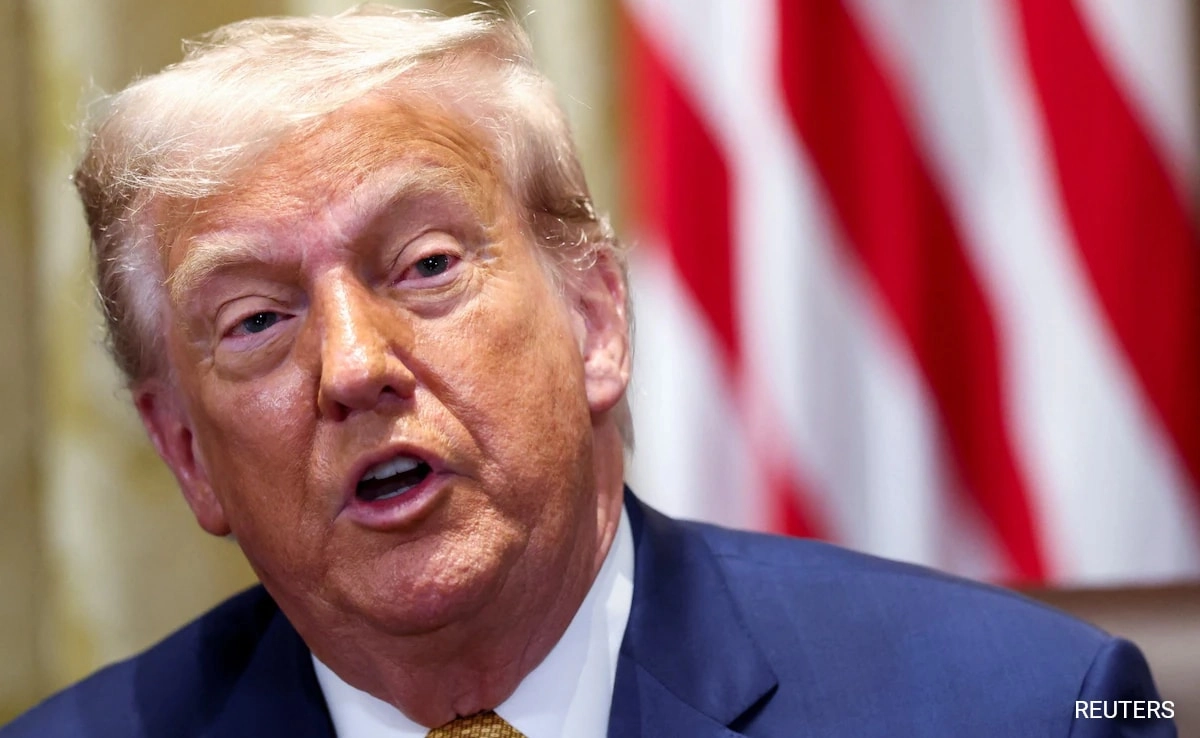Former President Donald Trump has intensified the ongoing trade war, announcing a significant escalation in tariffs that will impact major international trading partners, including the European Union and Mexico. This move comes as part of his broader strategy to renegotiate trade agreements and address perceived imbalances that he argues have disadvantaged American workers and industries. By imposing a hefty 30% tariff on a wide range of goods imported from these regions, Trump aims to bolster domestic production and reduce the trade deficit, while simultaneously sending a strong message about America’s stance on unfair trade practices.
The decision to impose such substantial tariffs is likely to provoke a strong response from the affected countries. The European Union, which has been a key trading partner for the United States, is expected to retaliate with its own tariffs on American goods. This tit-for-tat escalation could lead to increased costs for consumers and businesses alike, as tariffs generally result in higher prices for imported goods. Furthermore, this trade conflict could destabilize markets and disrupt established supply chains, affecting a wide array of industries, from automotive to agriculture.
Trump’s administration has long emphasized an “America First” trade policy, arguing that previous agreements have led to job losses and economic decline in certain sectors. Proponents of the tariffs believe that protecting American industries from foreign competition is essential for revitalizing the economy. However, critics warn that such aggressive measures may lead to a trade war that could harm the U.S. economy in the long run, undermining the very goals the administration seeks to achieve. As the situation develops, businesses and consumers are left to navigate the uncertainties created by these new tariffs, with potential implications for the global economy as a whole.
In conclusion, Trump’s decision to impose a 30% tariff on imports from the European Union and Mexico represents a significant escalation in the ongoing trade war. While aimed at protecting American interests, this move could have far-reaching consequences, prompting retaliatory actions and potentially leading to a cycle of escalating tariffs. As the world watches the unfolding trade dynamics, the ultimate impact on the U.S. economy, as well as international relations, remains to be seen. The ramifications of these actions will likely influence trade policies and economic strategies for years to come, shaping the landscape of global trade in an increasingly interconnected world.




